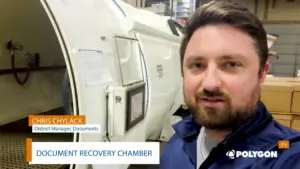Censors & Analytics Save Universities Big
The University of Nebraska-Lincoln saved $200,000 thanks to the help of their latest building management solutions. The University installed more than 60,000 low-cost sensors, that helped them to monitor the energy usage and reduce costs. Steve Hoffenberg, the director of industry analysis, IoT and embedded technology at VDC Research said, “Energy management is right up there among the most compelling applications for IoT because it often results in direct cost savings.” Nebraska-Lincoln is just one of many Universities that is seeing the power that smarter HVAC systems can bring to their bottom line. Hopefully these results will educate those who are looking to update their systems with new technology.








